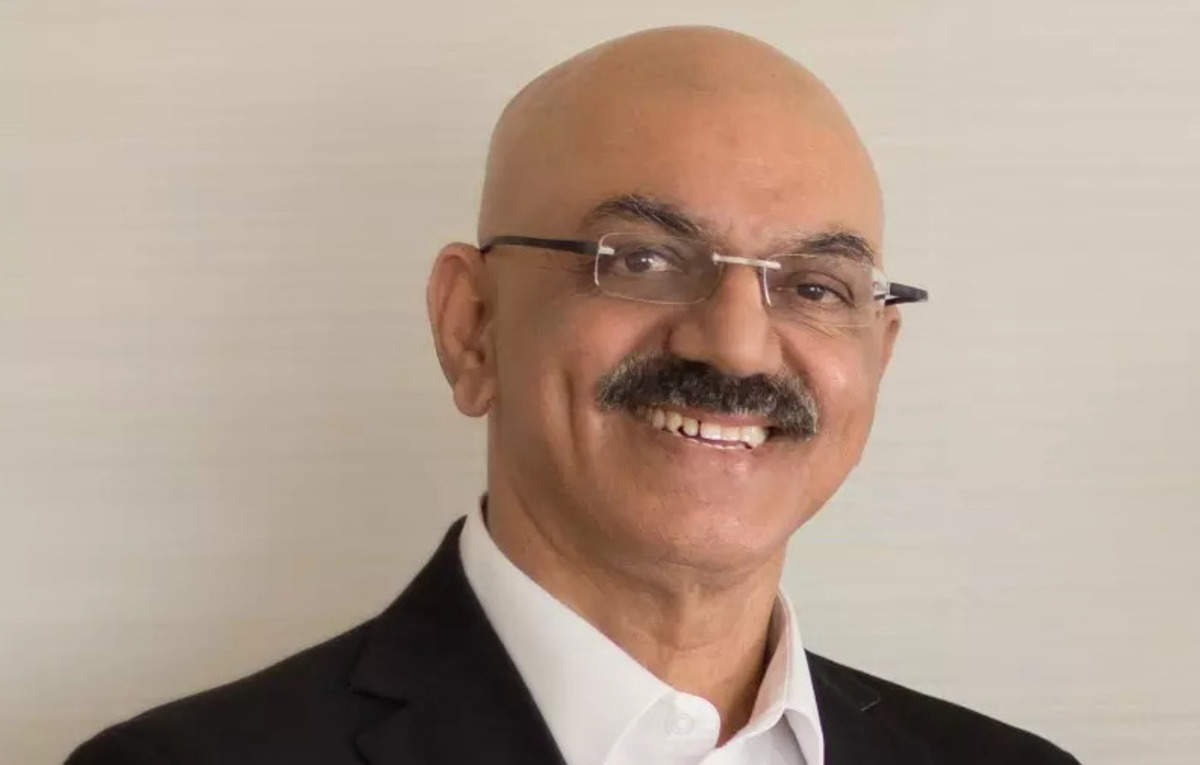Luxury travel is experiencing a rapid paradigm shift. Post pandemic, it is driven by safety, authenticity, and personalisation. As we navigate through 2024, high-end travellers are redefining what it means to travel in style. They are no longer just looking with just luxury and extravagance; instead, they seek impeccable, unique experiences that are specific to their individual preferences and prioritise their well-being.The rise of contactless and seamless services
Post the pandemic, the landscape of luxury travel has changed considerably. Safety remains paramount, resulting in a surge in demand for contactless and seamless services. Luxury travellers prefer their trips to be safe and seamless, with minimal physical interaction. This ranges from checking in remotely and contactless payments for necessities, to contacting concierge services online. According to a survey by Amadeus, 84 percent of travellers identified technology as a crucial element in reducing their concerns about travelling during the pandemic (Ref:1).
continued below
Authentic and one-of-a-kind experiences
Modern luxury travellers seek authentic and genuine experiences. They seek something more than novelty, meaning something that is personal and would leave a long-lasting impression in their minds. From discovering a secluded island’s off-the-beaten-path to engaging in Indigenous cultural performances or ceremonies, these unique interactions with the destination are the defining features of luxury travel in 2024.
Personalised Experiences: The Heart of Luxury
The idea behind luxury travel as a concept has always been defined by the pursuit of the finest of what the world has to offer. However, it has developed into a need for customised solutions reflecting the interests of each traveller. Starting from tour programs and ending with culinary preferences, everything is designated to be personalised. A report by Mastercard indicates that 74 percent of affluent travellers are more likely to book trips with providers that offer personalised experiences.
The 5 Cs: Culture, cuisine, community, content, and customisation
Modern luxury travel revolves around the 5 Cs: Culture – a set of shared values, beliefs, and practices that affect people’s behaviours and decisions; Cuisine – food products that characterise a certain country/region; Community – people who shape the demography of a country/region; Content – written and verbal communication that reflects the values of a country/region and Customisation – the extent to which these businesses can adapt. Luxury consumers’ need to comprehend the local culture, taste authentic food, interact with like-minded people, consume great content through the story and experience, and make sure the trip is tailored to their needs only. This comprehensive approach gives the traveller a more enriched and fulfilling travelling experience.
Wellness and rejuvenation
Looking ahead to 2024, luxury travel is more focused on de-stressing, relaxing, and self-rejuvenation. The wellbeing of the vacationing population is at an all-time high with guests looking for locations and activities that offer an integrated approach for their physical, spiritual, and nutritional being in the form of spas and yoga, meditation and nutritional cuisines. According to the Global Wellness Institute, the wellness tourism industry globally stands at USD 651 billion and has a forecasted average annual growth of 16.6 percent by 2027 (Ref:2).
The allure of offbeat locations
Luxury travellers are constantly on the lookout for something novel and undiscovered. There is something uniquely fascinating about exploring locations, which are offbeat and still unknown to typical mass tourism. Whether it is a village in the Himalayas which has never been explored or a beach in the Pacific, which is not frequented, these tourist spots give a feeling of novelty and exclusivity. A report by Booking.com on luxury tourists shows that 55% of them like uncharted territories or unknown tourist attractions (Ref:3).
Exceptional hospitality and personal touches
In the hospitality sector, there has been a great focus on the identification and accommodation of the guests’ preferences, especially among the modern luxury brands. This involves paying attention to options they have opted for during previous stays as well as providing extra services that will form a favourable impression. This level of service is valued and appreciated by high-end travellers as it brings an added level of sophistication and consideration.
The author, Raoof Dhanani is managing director of Sayaji Hotels Ltd. The views expressed in this article are those of the author and do not necessarily represent those of ET HospitalityWorld.
Most Read in Speaking Heads
Join the community of 2M+ industry professionals
Subscribe to our newsletter to get latest insights & analysis.
Download ETHospitalityWorld App
- Get Realtime updates
- Save your favourite articles

